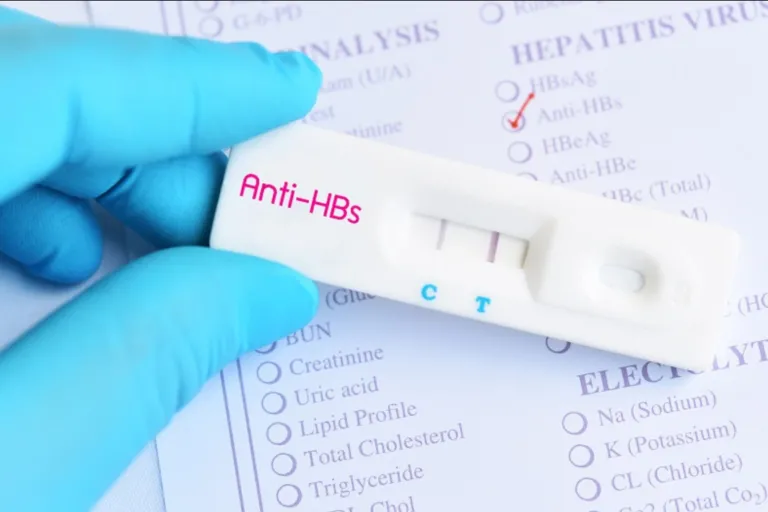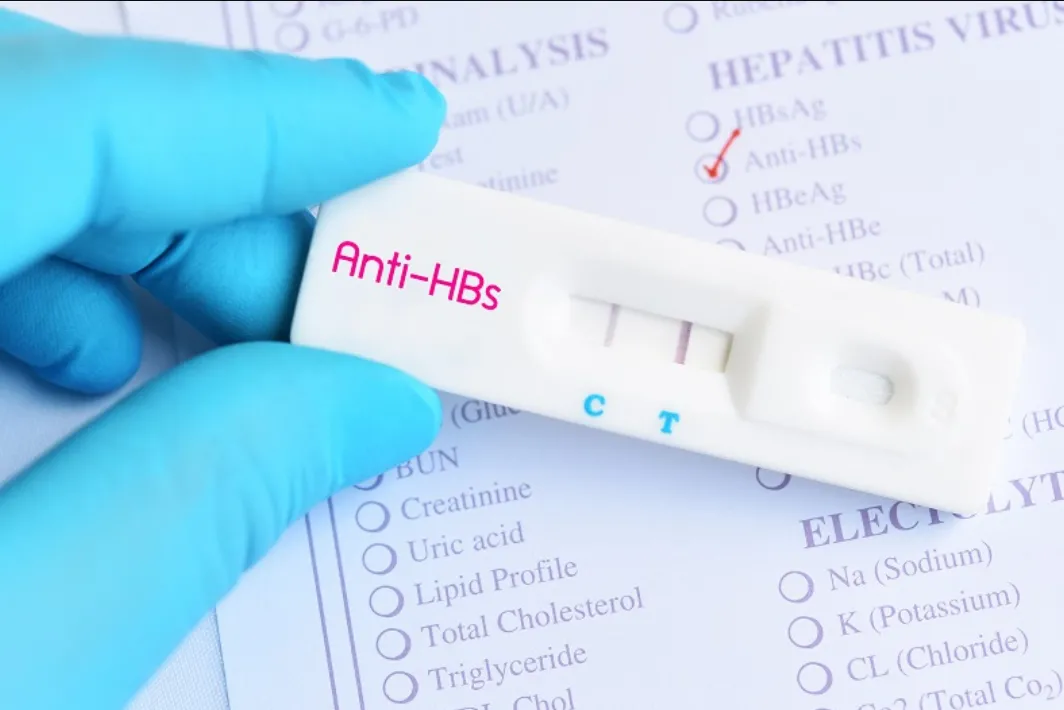During pregnancy, the woman's health is regularly monitored by the attending physician. One of the tests routinely performed is the test for HBs antigen in the mother's blood. What is HBs antigen and when should it be tested?
What is the HBs antigen?
The HBs antigen is a protein found on the surface of the HBV virus. This pathogen is responsible for the development of hepatitis B, which in some cases leads to liver cirrhosis. The HBs antigen plays a key role in the diagnosis of HBV infection, as it is the marker that first appears in the human bloodstream after the pathogen enters the body. Moreover, this protein is detectable before the onset of clinical symptoms such as jaundice and deterioration of liver parameters in the form of elevated ALT and AST levels. The HBs antigen is present in the acute phase of the disease and then disappears, only to reappear in the bloodstream in smaller amounts in the chronic phase. For this reason, further serological and molecular testing is required for detection to assess disease progression.
The virus is transmitted from person to person through contact with blood or body fluids of an infected person. Infection can also occur through sexual contact. Since 1994, every newborn is vaccinated against HBV unless contraindicated, and the full vaccination series is completed at 6 months of age with the third dose of vaccine. Vaccination provides complete protection against the virus for at least 25 years.
When should HBs testing be performed in pregnancy?
According to the current standard of perinatal care, every pregnant woman should be tested for HBs antigen and possible HBV infection. If the result is negative, the woman is considered healthy and no further testing is required during pregnancy. The possible presence of HBs antigen, suggestive of acute infection, necessitates advanced diagnosis and appropriate birth planning. Immediately after birth, the newborn must be treated with anti-HBs and anti-HBc immunoglobulin. Caesarean sections are also discouraged. These procedures are intended to reduce the risk of transmission of infection from mother to child during birth as much as possible.
However, it is worth mentioning that HBV infections in people born after 1994 or in people vaccinated against this pathogen are rare in our country. Nevertheless, there are still situations when a person is an HBV carrier without being aware of this fact. For this reason, this test continues to play an important role in the care of pregnant women.











